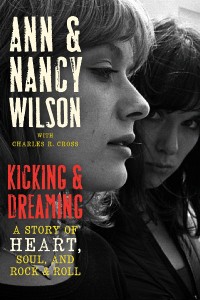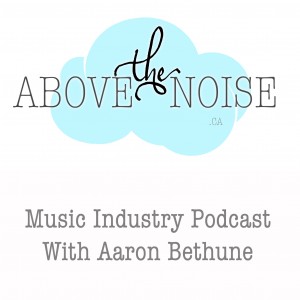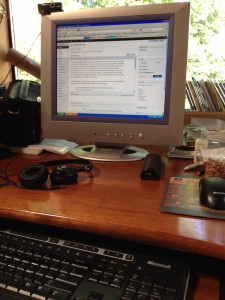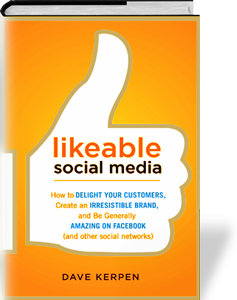 When I began to tweet ten months ago for my social media class, I didn’t have a clue how much I would learn, both technically and socially, from the experience. This is not a post about the best time to tweet, how to use Buffer or Hootsuite to schedule your tweets, or how to geo-target your Twitter keyword searches. It is a post about some of the more subjective things I have observed about myself and other people on Twitter:
When I began to tweet ten months ago for my social media class, I didn’t have a clue how much I would learn, both technically and socially, from the experience. This is not a post about the best time to tweet, how to use Buffer or Hootsuite to schedule your tweets, or how to geo-target your Twitter keyword searches. It is a post about some of the more subjective things I have observed about myself and other people on Twitter:
- Social media is very much like group therapy. It’s free, it normalizes the human experience, and it is a great mirror for your own behavior. Chances are, the things that irritate you most about someone else on Twitter are the things you could probably stand to work on yourself.
- Do your personal work, because who you are shows up in how you interact (sooner or later). After I have interacted with someone for a while on Twitter, reading their posts and seeing which of my posts they favorite and RT, I get a real sense of their values, their goals, and how they treat people. My goal is to work with people who share my values, so I try to remember that other people are also seeing who I am with every tweet I write.
- There is no such thing as anonymity. As with email, don’t say anything on Twitter or any other social media site that you wouldn’t want read out loud in a courtroom. Even when you think no one is reading your tweets, someone probably is.
- Karma: what goes around comes around. Do nice things, and eventually people notice. The same applies for tweeting mean or negative things.
- Learn the rules, but then be yourself. Learn the basic etiquette, but don’t obsess about the details or adopt someone else’s style because you admire them. Pave your own way, let your own social media style emerge.








